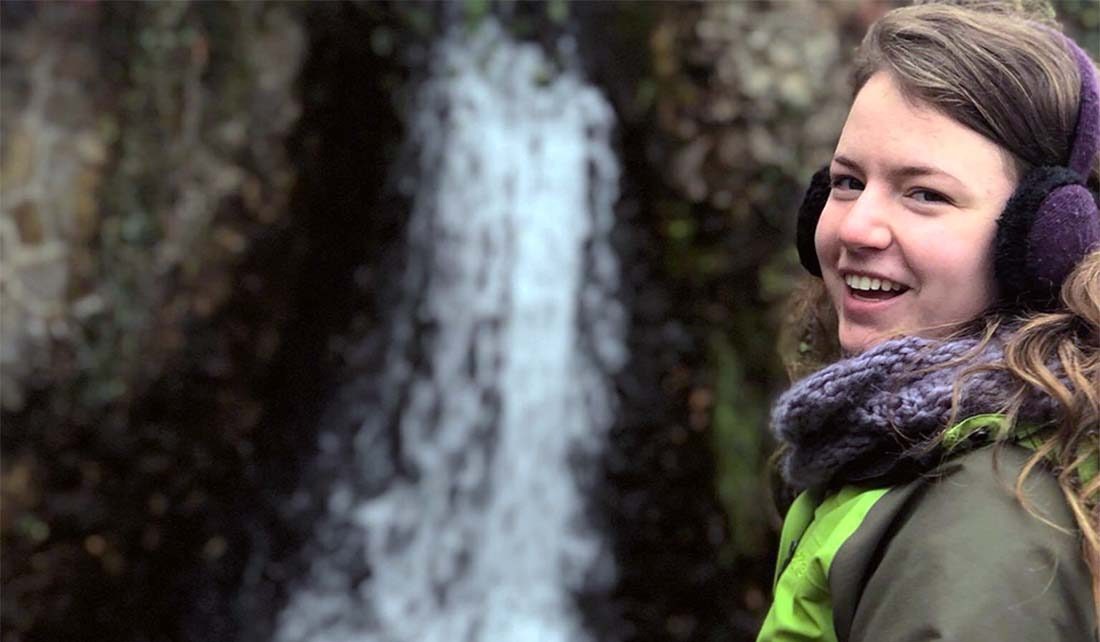
Master’s student Marissa Cubbage came to Purdue University to study the young life stages of fish in the Great Lakes. Arriving in West Lafayette in the summer of 2019, she laid out the plans for her research on lake whitefish in Lake Michigan. But just two weeks before her sampling was set to begin, state agencies and the university shut down all out-of-state field work due to the pandemic.
A change in plans was in order, so Cubbage opted to use previously collected larval samples by the Little Traverse Bay Band of Odawa Indians. The tribe had collected samples from 2015 to 2019 and were willing to share them with her, offering a unique glimpse at a longer window of data than the one-to-two years of sampling that a traditional Master’s degree allows.
This analysis informed Cubbage’s thesis, which addresses how the decline of zooplankton populations has affected the diet of larval whitefish.
Cubbage presented her research findings to the tribal biologists and technicians through virtual presentations and meetings. She also created an informational handout that will be distributed along with subsistence and commercial fishing licenses.
Cubbage was funded through Illinois-Indiana Sea Grant and both Tomas Höök, IISG director, and Paris Collingsworth, Great Lakes ecosystem specialist, served as her thesis advisors.
Read the full story on the Purdue University Department of Forestry and Natural Resources news page.
Illinois-Indiana Sea Grant is a part of University of Illinois Extension and Purdue Extension.

